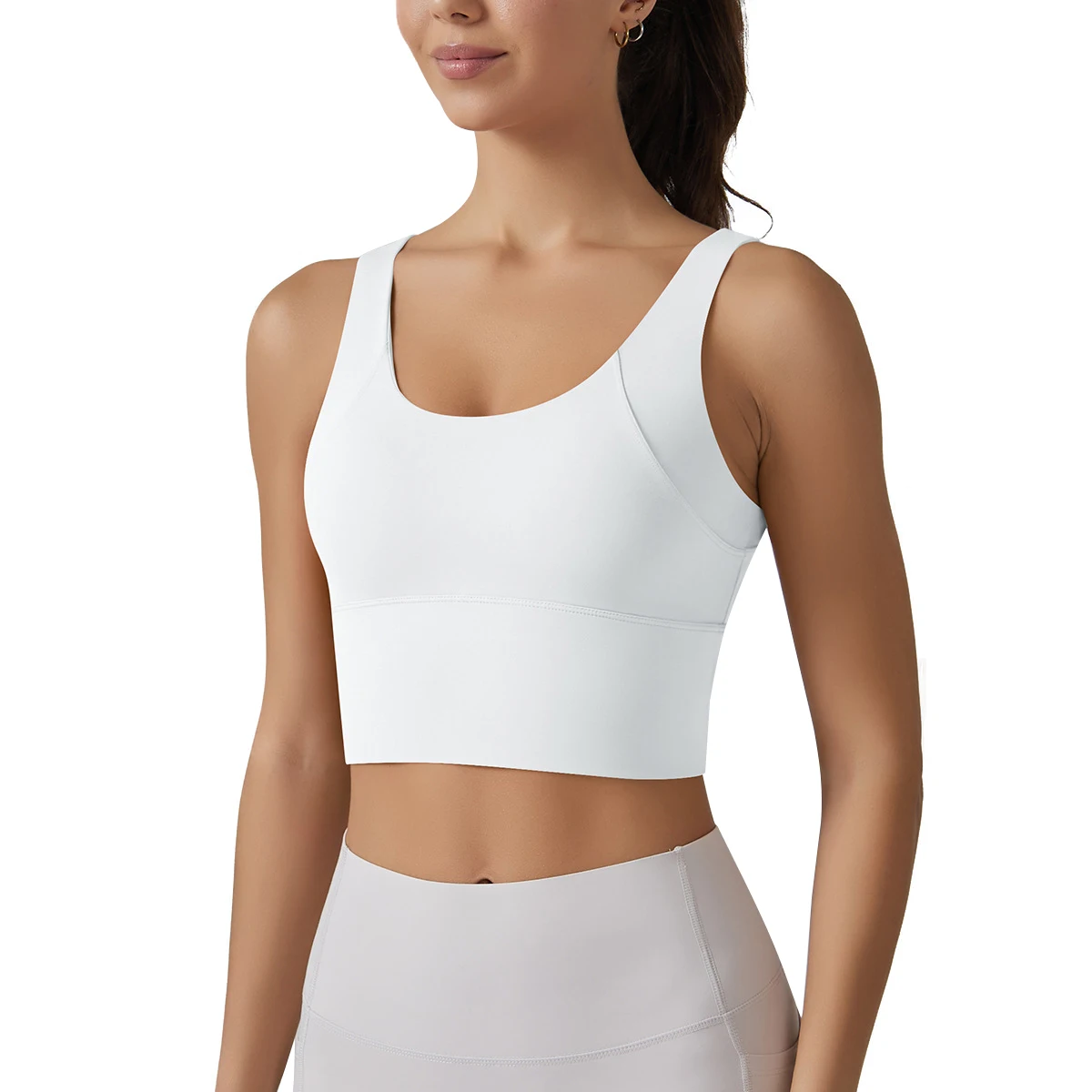about
PRODUCTS
Eco-Friendly Surf Swimsuits: Sustainable Brands You Should Know
Sustainable Fabrics: The Heart of Eco-Friendly Swimwear
The most crucial aspect of eco-conscious swimwear is the fabric. Traditional swimwear often relies on nylon, a petroleum-based plastic that contributes significantly to plastic pollution. Sustainable brands are increasingly adopting alternatives like recycled nylon, recycled polyester, and innovative plant-based materials. Recycled nylon is made from discarded fishing nets and other nylon waste, diverting plastic from landfills and oceans. This closed-loop system effectively reduces the demand for virgin materials and minimizes pollution.
Recycled polyester, similarly, repurposes plastic bottles and other polyester waste, offering a more environmentally friendly option than virgin polyester. Several brands are also exploring the use of innovative plant-based fabrics such as Econyl (regenerated nylon from pre-consumer and post-consumer waste), Tencel (made from sustainably sourced wood pulp), and seaweed-based materials. These materials offer a biodegradable or compostable alternative to traditional synthetics, reducing the long-term environmental burden of swimwear disposal.
Ethical Production and Fair Labor Practices
Beyond the materials, the production process itself must be ethically sound. Many sustainable swimwear brands prioritize ethical manufacturing practices, ensuring fair wages, safe working conditions, and minimal environmental impact throughout their supply chain. This commitment goes beyond simply using eco-friendly materials; it encompasses the entire lifecycle of the garment, from raw material sourcing to finished product.
Transparency is key in this area. Reputable brands readily share information about their factories, production processes, and worker welfare initiatives. They often collaborate with third-party certifications, such as Fair Trade or B Corp, to ensure accountability and verify their claims. This level of transparency allows consumers to make informed choices and support brands genuinely committed to ethical and sustainable production.
Durability and Longevity: Reducing Consumption
Sustainable swimwear isn't just about the materials; it's also about building quality and longevity. A durable swimsuit that lasts for multiple seasons significantly reduces the need for frequent replacements, minimizing overall environmental impact. Investing in a higher-quality, eco-friendly swimsuit is often a more sustainable choice in the long run compared to buying several cheaper, less durable options.
Brands focused on durability often use reinforced stitching, high-quality materials, and designs that withstand wear and tear. This translates to a longer lifespan for the garment, reducing textile waste and the overall demand for new swimsuits. Furthermore, well-designed, timeless styles can transcend fleeting fashion trends, further contributing to reduced consumption.
Packaging and Shipping: Minimizing Waste
The commitment to sustainability extends beyond the swimsuit itself; it encompasses the entire packaging and shipping process. Many eco-conscious brands utilize recycled and biodegradable packaging materials, minimizing waste associated with product delivery. They also prioritize efficient shipping methods to reduce carbon emissions associated with transportation.
Some brands even opt for minimal or no packaging at all, further reducing their environmental footprint. This mindful approach to packaging demonstrates a holistic commitment to sustainability that goes beyond the garment itself, reflecting a genuine concern for the planet.
Examples of Sustainable Surf Swimsuit Brands
Several brands are leading the way in the sustainable swimwear market. Patagonia, known for its commitment to environmental responsibility, offers a range of recycled swimwear made from recycled nylon and polyester. Other brands like Girlfriend Collective and Outerknown utilize recycled materials and ethical manufacturing processes. Each brand's approach may differ slightly, with some focusing on specific materials or production methods, but they all share a common goal: reducing the environmental impact of swimwear.
It’s crucial to research individual brands thoroughly. While many brands advertise "sustainable" practices, it's important to look beyond marketing claims and investigate their transparency regarding sourcing, manufacturing, and social responsibility. Look for certifications, independent audits, and detailed information about their supply chain.
Conclusion: Making a Splash with Sustainable Choices
Choosing eco-friendly surf swimsuits is not only a responsible decision for the environment but also a statement of personal values. By supporting brands that prioritize sustainable materials, ethical labor practices, and durable designs, we can collectively contribute to a healthier planet and a more responsible fashion industry. The shift towards sustainable swimwear is gaining momentum, and by making informed choices, we can help drive this positive change, ensuring we can continue to enjoy the ocean's beauty for generations to come.
SUBSCRIBE
INQUIRY





